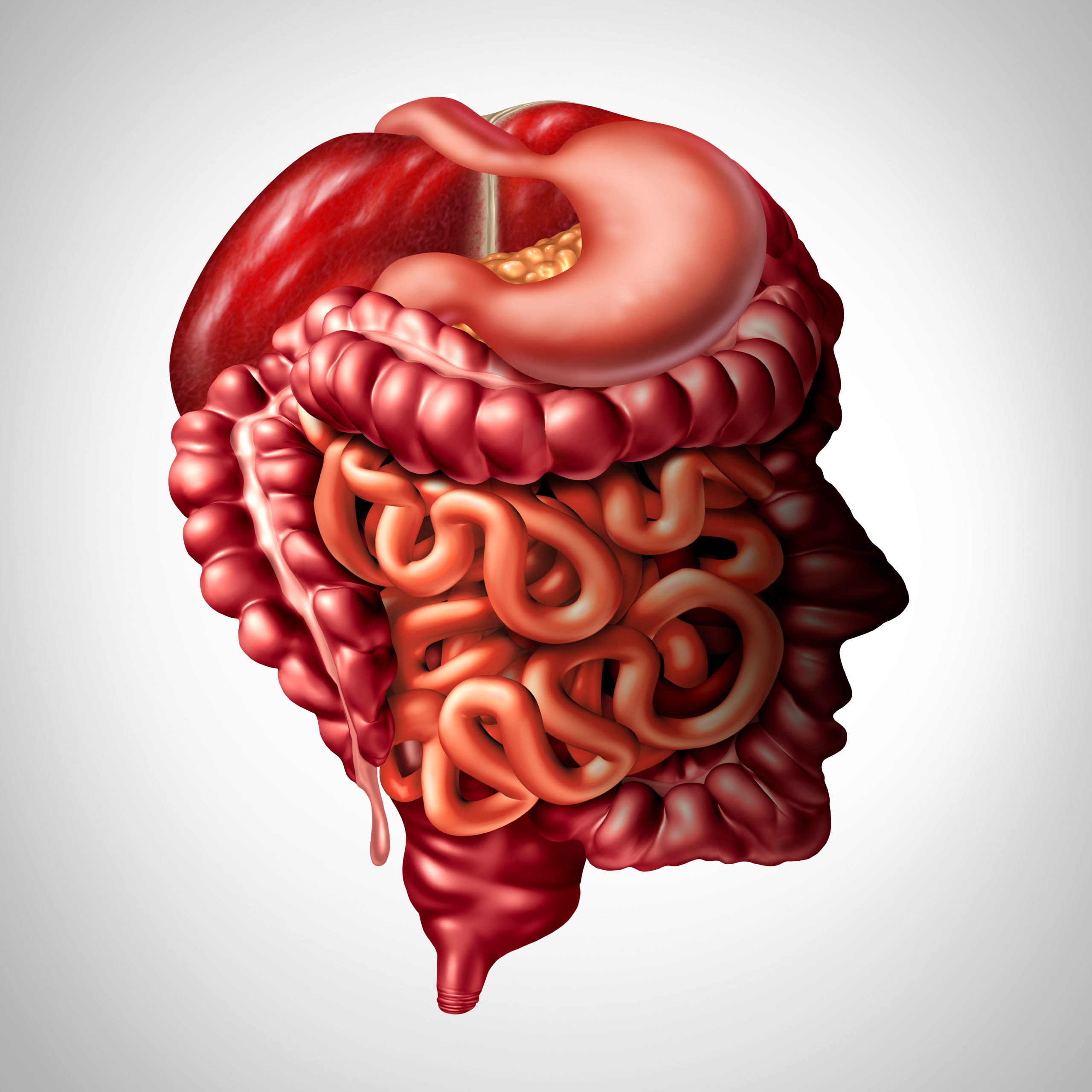Could the cure for cognitive decline — and neurodegenerative diseases like Alzheimer’s — be fecal transplants? Research out of the United Kingdom shows that aging-associated changes in the brain and immune system were reversed in older mice after having the bacterial transplant from younger mice.
The treatment, known as fecal microbiota transplant (FMT), offers more evidence that brain health correlates directly with gut health. The Irish team’s experiment proves that introducing specific microbial species helped the lab rodents think and remember. Researchers call their findings a “potential game-changer.”
“We’ve now established the microbiome can be harnessed to reverse age-related brain deterioration,” says corresponding author Professor John Cryan, of University College Cork, per South West News Service. “We also see evidence of improved learning ability and cognitive function.”
A staggering 100 trillion microorganisms live in the human gut, both good and bad. The immune system is impacted by the balance.
Researchers say after the mice received FMTs, they were better at learning the way round mazes, and did not forget how they did it. They were also less prone to anxiety, another common symptom of dementia.
Scans later showed their brains had been rejuvenated, containing metabolites and patterns of gene regulation resembling those of adolescents. The new microbes essentially “turned back the clock” in the old mice and opens up microbial-based interventions.
“It should be said we are not advocating feecal transplants for people who want to rejuvenate their brain,” says Cryan. “Instead, these studies point towards a future where there will be a focus on microbiota-targeted dietary or bacterial-based interventions. They will promote optimum gut health and immunity in order to keep the brain young and healthy. Such strategies will be a more palatable elixir indeed.”
The study, published in Nature Aging, suggests such therapies could combat cognitive decline. It adds to evidence probiotics sold in supermarkets as diet supplements boost concentration, decision-making and understanding.
“Microorganisms that live on and in the human body have an impact on health and vary with age. Friendly bacteria have beneficial effects on the metabolic and immune systems,” says Cryan. “They can be gradually replaced with bacteria that drive chronic inflammation, metabolic dysfunction and disease. Microorganisms in the gut shape local immunity, but can also affect brain ageing and increase the risk of neurodegenerative diseases.”
Research warns that dementia cases worldwide are on pace to triple to around 150 million by 2050 because of aging populations. But the authors say much work is needed to translate the findings for clinical use in humans.
“There is a growing appreciation of the importance of the microbes in the gut on all aspects of physiology and medicine,” says Cryan.
Previous research has found a daily dose of probiotics over just 12 weeks can produce significant improvement in elderly patients.
“This research further demonstrates the importance of the gut microbiome in many aspects of health – and particularly across across the brain/gut axis where brain functioning can be positively influenced,” adds professor Paul Ross, director of APC Microbiome Ireland at UCC. “The study opens up possibilities in the future to modulate gut microbiota as a therapeutic target to influence brain health.”
South West News Service writer Mark Waghorn contributed to this report.
